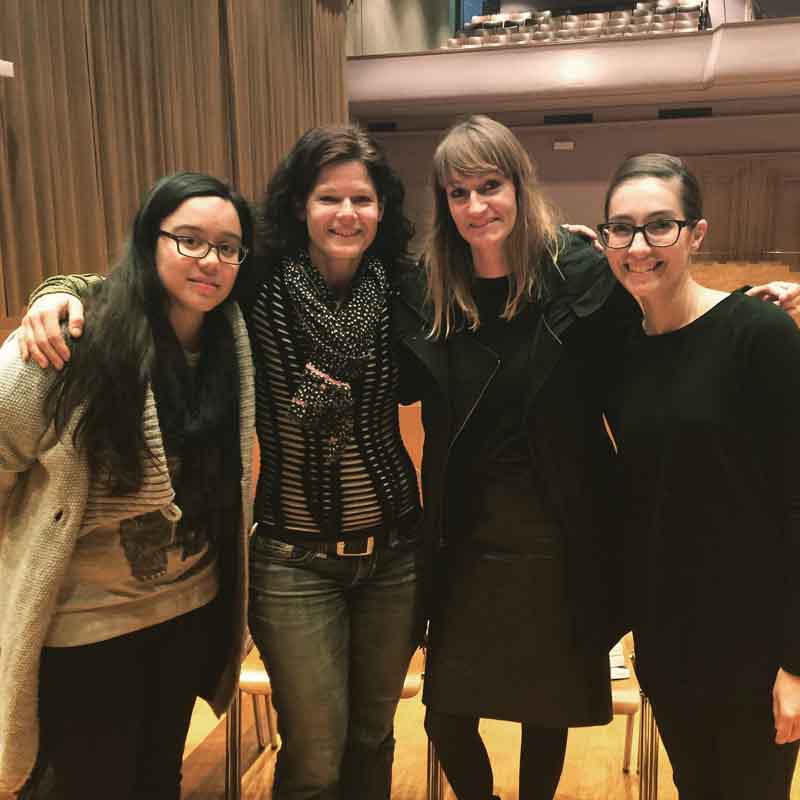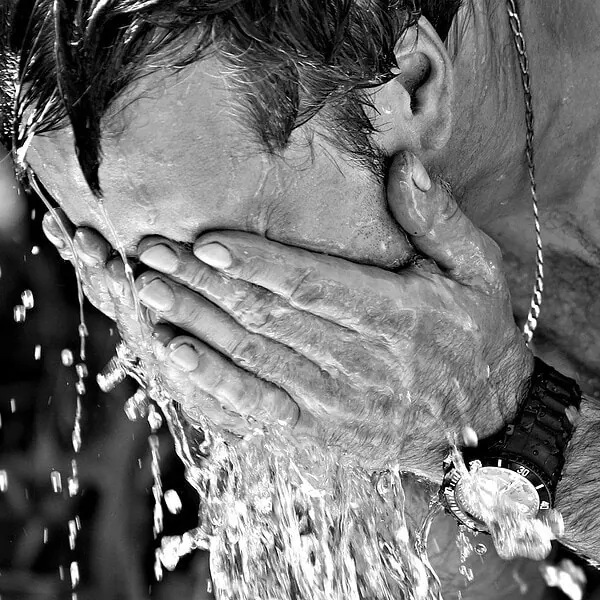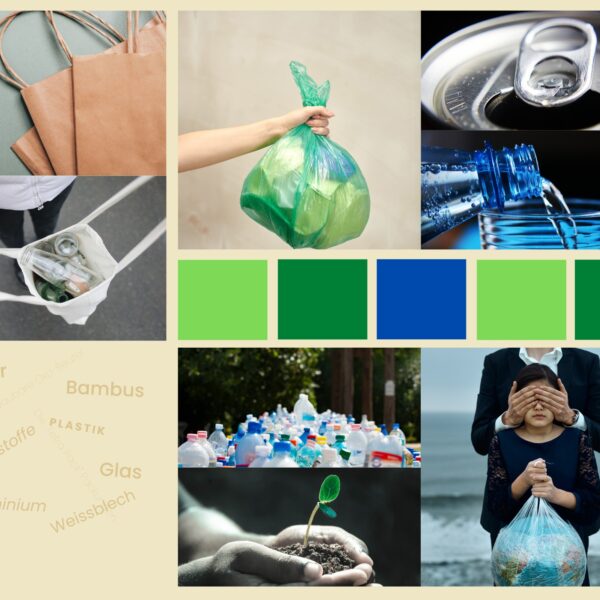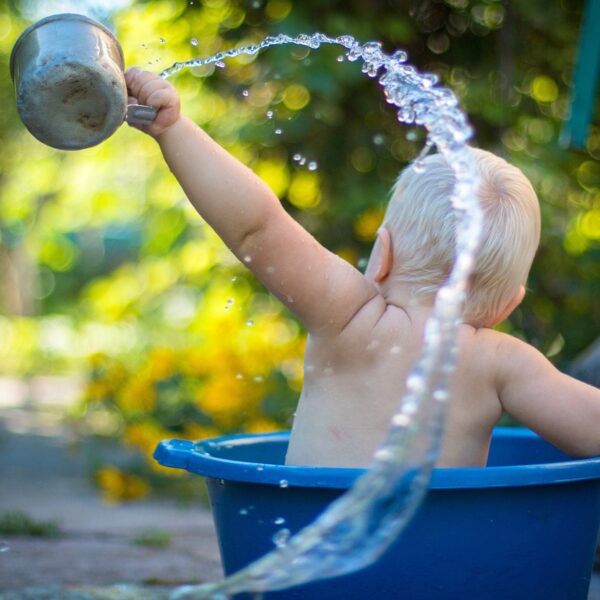
The family of 4 producing only half a liter of waste per year
The awaited conference of Béa Johnson in Pully (Lausanne). Real spokeswoman of the zero waste lifestyle, the French established in San Francisco evoked her minimalist lifestyle, her family and the well-being resulting from her habits. Fullfilled with her life, she considers that possessing fewer things and consuming less in a general way simplifies her life, saves time and allows to better enjoy the experiences in life.
The ZeroWaste Switzerland association had the opportunity to meet Béa for an interview.
Hello Béa, for the readers who still don’t know you, could you introduce yourself and explain briefly your initiative and the reasons of your presence in Pully this evening?
I am Béa Johnson, I am the author of the blog and the book Zero Waste Home and since 2008, my family of 4 people produces only one liter of waste per year. This year, I have been able to manage to put our annual waste in a jar of 500 ml! But we should avoid to open it otherwise, it will explode! In total our waste weights 183 g!
To produce only a jar of waste a year, we simply applied the following 5 rules:
We refuse what we do not need, we reduce what we need, we reuse by replacing all disposables by a reusable alternative and buying second-hand, then we recycle what we cannot refuse, reduce and reuse and finally we compost the rest!
Thus, when we apply these rules in that order (!), and it is very important that they are respected in that order (!), then we manage to eliminate almost totally our waste.
Thank you! And so you are here today, in Pully, to give a conference and explain your lifestyle. Could you tell us about your application Bulk?
In 2011 I won an award and funds to invest in an application which benefits to the community. At that time, I was already giving conferences worldwide and everywhere I would speak, people exclaimed to have no store proposing to sell in bulk in their area. I thus answered them that bulk exists everywhere but we really just have to see it. And moreover, personally when I go into a store I do not see what is packed anymore; I only see what is available to me: unpacked.
But I still found important to develop an application so that people could easily find the locations of bulk store near their location.
This application was very expensive to be developed but I had not realized the cost which it was going to engender to be updated and upgraded and moreover, there are in fact two applications because we developed them on Android and on Apple. Unfortunately, today the application is too old and needs to be updated at the risk of losing locations. Today we are counting 10’000 users who added in 3’000 locations, there are even some locations to Egypt!
Having put 5’000 $ out of our own pocket, the idea to ask for help to the zero waste community was blown to me by my husband. We are thus going to start a crowdfunding campaign in January, 2016 to allow the application Bulk to survive. Then, we shall be also dependent on funds received to improve the application by adding new features and also create a website so that locations are available for consultation from a computer.
Already 3 weeks that you are on tour to give presentations through Europe, how do you remain zero waste during your travels?
I always have a cloth bag with me in which I can buy sandwiches, croissants or pastries. I also always have one thermos jug for my cold or hot drinks.
I consider however “to eat dinner is to vote”, just like “to buy is to vote”. If we eat in fast food restaurants, we then participate to strengthen the demand of this type of consumption. On the opposite, if we go to a restaurant where there are real plates, real forks, real glasses, in that case we strengthen this way of eating and the use of reusable materials.
When I get to take the plane I always eat before leaving, honestly who really appreciates the food served during the flights? By refusing these meals, it creates a demand so that there are other options.
After all, there are various diets for vegetarian, without gluten, etc., then why not the option to not have this meal? Thus, I always choose to eat before! Once in destination, I go either to the hotel and I have dinner according to my principles, either I am staying at friend’s, thus I respect THEIR lifestyle and I eat what they propose me (and I even take advantage of it if there is an open bag of chips because I cannot buy it in bulk for me at home!), or I rent an apartment and thus I make my bulk shopping on arrival if necessary by using the Bulk application.
We might feel some distress or some frustration when we adopt this lifestyle without waste …
No, the frustration is really present only at first. It is true that when we begin to change the way we consume and to pay attention to our own waste, we begin to see all those others! We see the plastic bags that are thrown in the street, we see those who walk with a disposable cup, disposable plastic bottles etc. This happened to me also, I began to judge the others, and to ask myseld “but why don’t they make all the same effort as I do?”
As I adopted this zero waste lifestyle at the most of my capacities, I found peace. Today I do not judge any more, I say to myself that after all, not so long ago, it was me who consumed this way!
They have not had the click, but the click will come some day for a reason or an other! There are various reasons which can bring you to zero waste. Today, I say to myself simply that what I’m doing may inspire people, give them ideas, without judging them.
What advice(council) would you give to those who are about to drop the ball in front of those difficulties met at the beginning of the zero waste journey?
They maybe went too fast, in this case it is necessary to aim what raises exactly a problem and try to find different solutions. For example, the bicarbonate I use on my toothbrush, indeed we had to adapt ourselves to it and we passed through intermediate stages to adopt it completely. The most difficult in the zero waste lifestyle really is to find your balance and to adapt yourself to the change. Once this balance found, we live only a life of absolute happiness, it is moreover the conclusion of my conference.
What were the most difficult moments in your adventure?
The most difficult part was to receive criticisms which ensued from my exposure to the general public. I receive many critics from vegan people who send mail to me in my mailbox and even a person had to be escorted outside one of my conferences. The criticisms are often very nasty while I respect completely their lifestyle but they do not respect mine.
The most difficult is thus to expose yourself because it opens the door to all the remarks that are not necessarily always very pleasant, nor constructive on behalf of people who do not understand the zero waste lifestyle and who are full of cliché such as “she might be living in the countryside, not shaving her legs, spending her day worrying about waste or making products because she does not have a job” but it is absolutely not my case!
Is your book going to be translated into German?
It would be wonderful if my book gets translated into German because I noticed a real interest from the German public during my tour!
Unfortunately, it does not depend on me but on editors who have to receive a request on behalf of the German speaking public. It has been done in Japan, one of my readers saw his life changing by adopting the zero waste lifestyle. He contacted an editor and requested the book to be translated in Japanese after having translated a part of the book himself and it worked!
To finish this interview, what is the weirdest question you had to answer during your tour?
(She laughs) nothing surprises me anymore today, you know! More seriously, when I give conferences in schools with young children who knew only disposable products during their lives, often it gives rise to funny questions. Once, a child asked me how to use the cloth handkerchiefs, he thought that after use I composted them. He was amazed when I explained him that I washed them! It demonstrates that some children do not know other alternatives that the disposable, which is too bad.
December 3rd, 2015



